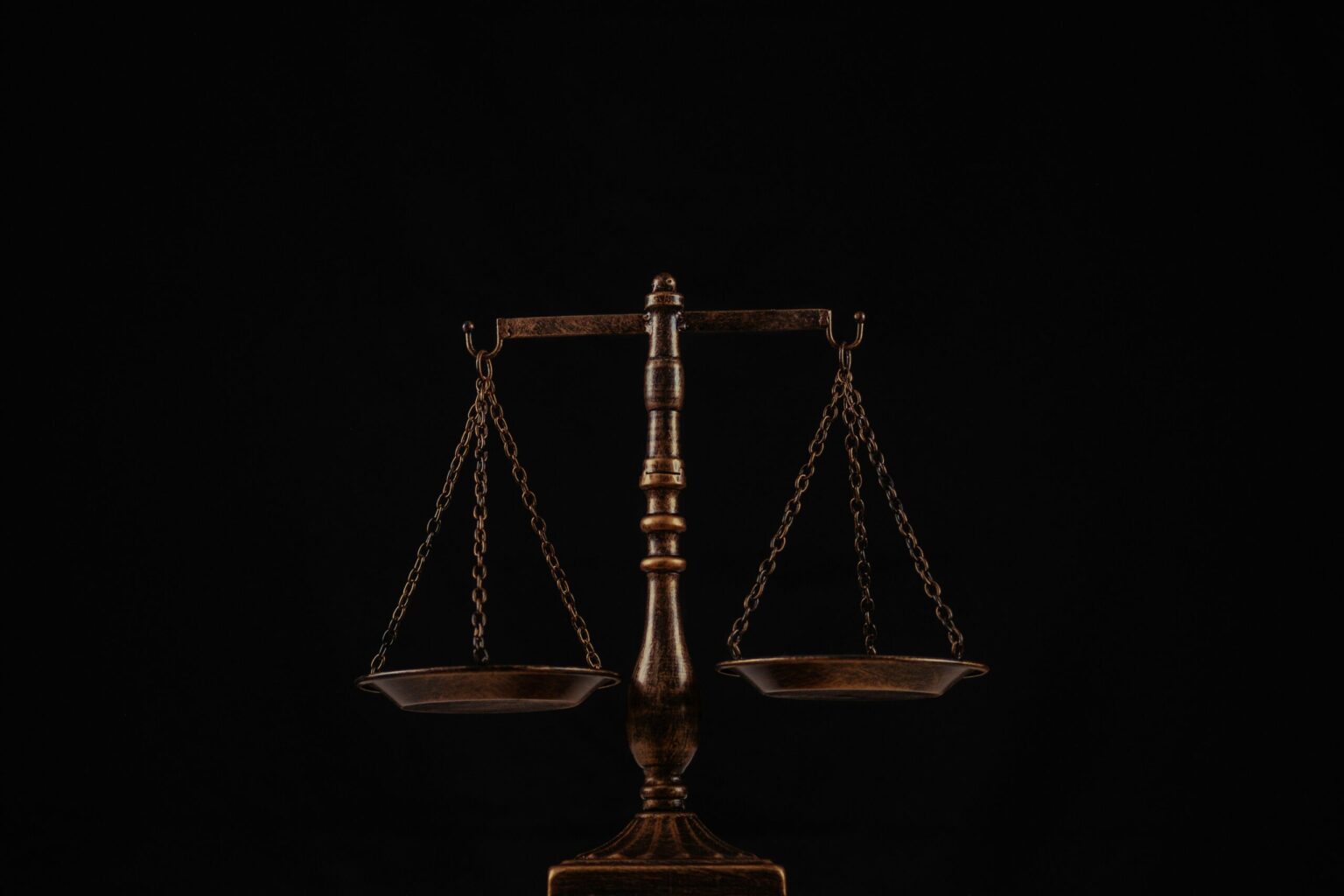Google faces a legal challenge from users who claim that it gathered personal data even after they changed their settings. The disagreement started with a feature called Web & App Activity, which is designed to manage information from Google services.
Individuals who use Google’s products believe the firm recorded their actions across phones and apps even after they disabled tracking. They refer to official statements suggesting that turning off Web & App Activity should protect user data from further collection.
Critics say these controls appear to promise privacy but do not accomplish that goal. Reports say the main reason is that Google’s mobile development platform, often called Firebase, transmits signals to Google even when tracking options are not active.
The lawsuit contends that Google used this mechanism to profit from user data without securing clear approval. Lawyers representing the complainants believe these actions violate state rules that protect people against unauthorised digital monitoring. Their complaint cites instructions that imply an easy route for opting out, but they argue that the data flow continues in secret.
Where Do The Plaintiffs Stand?
The individuals behind this action argue that privacy promises were not respected. They believe they took every step recommended in Google’s help documents, though their movements and online preferences were still tracked.
Some of them do not even own Android devices. They use other phones but say data still passes through Google’s software libraries within popular third-party apps. Court filings point to interactions with apps like news outlets and ride-sharing platforms.
Plaintiffs also claim that Google’s disclaimers are vague, leading users to believe toggling Web & App Activity stops all tracking. They state that the documents and interfaces from Google do not clearly indicate continued collection of anonymous or partially anonymised information.
Legal representatives seek financial remedies on the grounds that Google’s data systems benefit from this stream of personal data. They argue that the company’s methods allow it to earn revenue while users remain in the dark about background collection. They mentioned that personal information can carry monetary value and that users deserve a choice in how such details are treated.
What Did Google Say?
Executives state that the only purpose for data gathering in these scenarios is analytics. Google’s position is that information linked to disabled tracking settings is shared with developers to assist in measuring app usage patterns.
Google adds that nothing here identifies a person’s name or account. They say the data is pseudonymous, which means it appears under a random number rather than an individual’s actual identity. On platforms such as Android or iOS, this method draws on device-specific identifiers.
Representatives claim that disclosures on Google’s platforms alert users to these practices. They believe that individuals willingly accept such terms once they continue to rely on these applications, as all the details are accessible in policy documents.
Google also denies that it uses this stream of data in any effort to customise advertising for those who switched off Web & App Activity. The firm insists that these records serve to guide developers in improving stability and performance.
Spokespersons point to past legal arguments where Google stressed that privacy controls exist within user settings. They mention that no wrongdoing took place and that the allegations misinterpret how these services function, as many aspects revolve around anonymised metrics.
Where Does The Judge Stand Now?
Legal documents show that the judge declined Google’s attempt to end the case early. The decision points to possible ambiguity in the instructions and disclaimers about data recording, which may confuse an average user.
Opinions from the court suggest that the wording in Google’s policies might create the impression that Web & App Activity fully stops the flow of data. The judge remarks that regular users could believe no further logs would be stored.
Questions also remain around the concept of data being personal or merely anonymised. The California statute covers any information linked directly or indirectly to a person or household, which hints that unique identifiers may qualify as personal.
A jury trial is now on the calendar for August 2025, allowing time for both sides to prepare arguments. Observers note that Google stands firm on its stance, while plaintiffs appear confident that the facts support their claims. Some analysts expect that deeper investigation of this data handling process may shape user trust in prominent online platforms.




